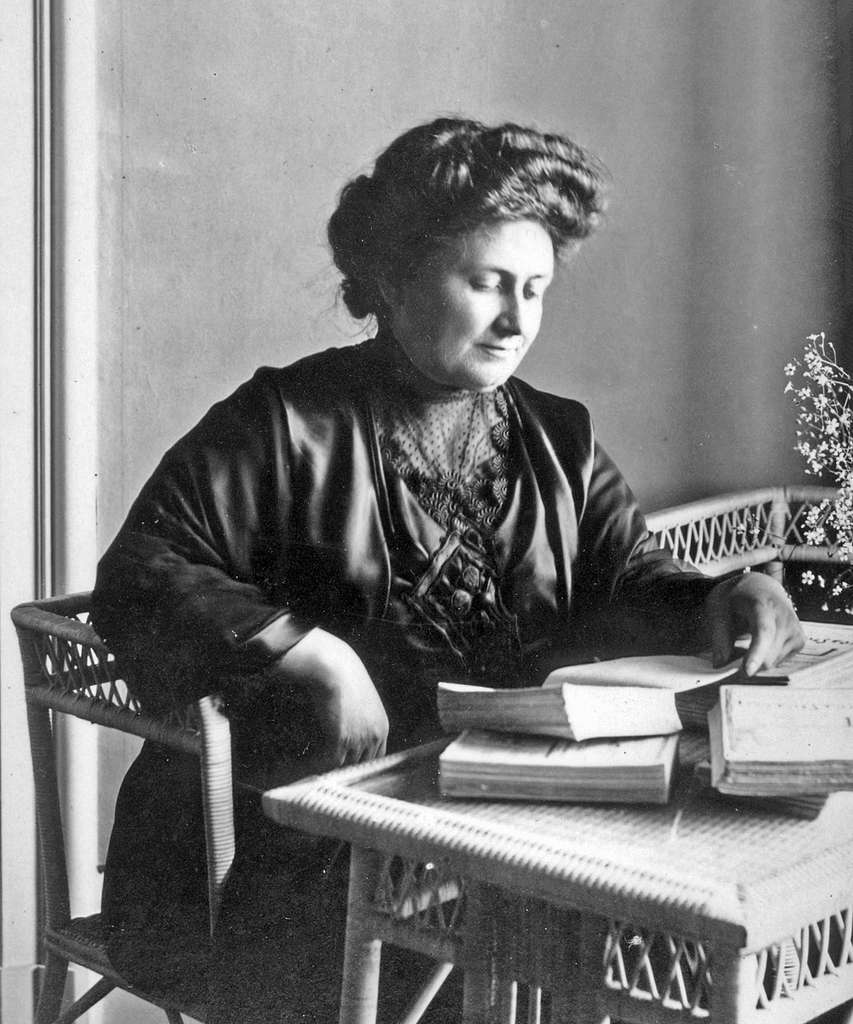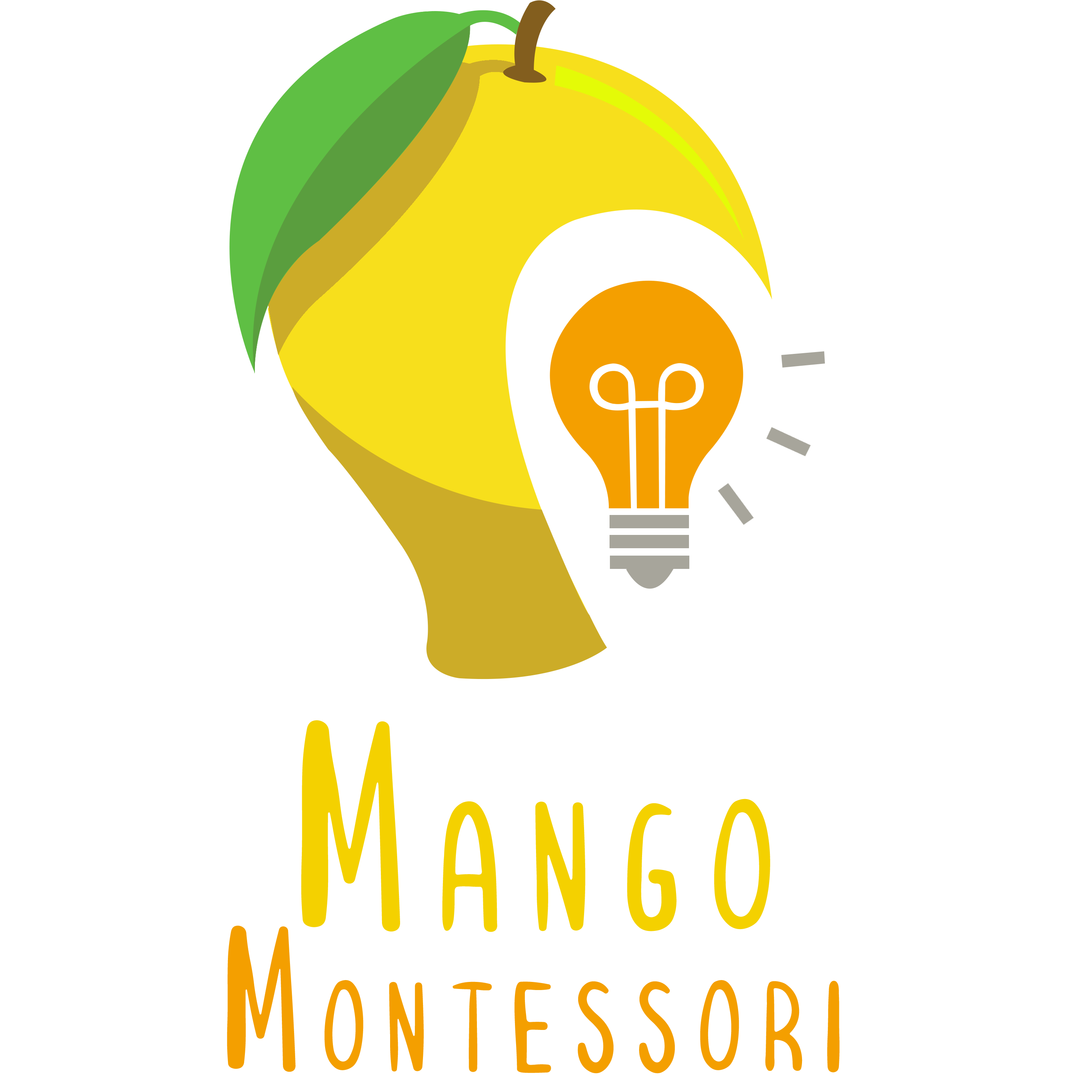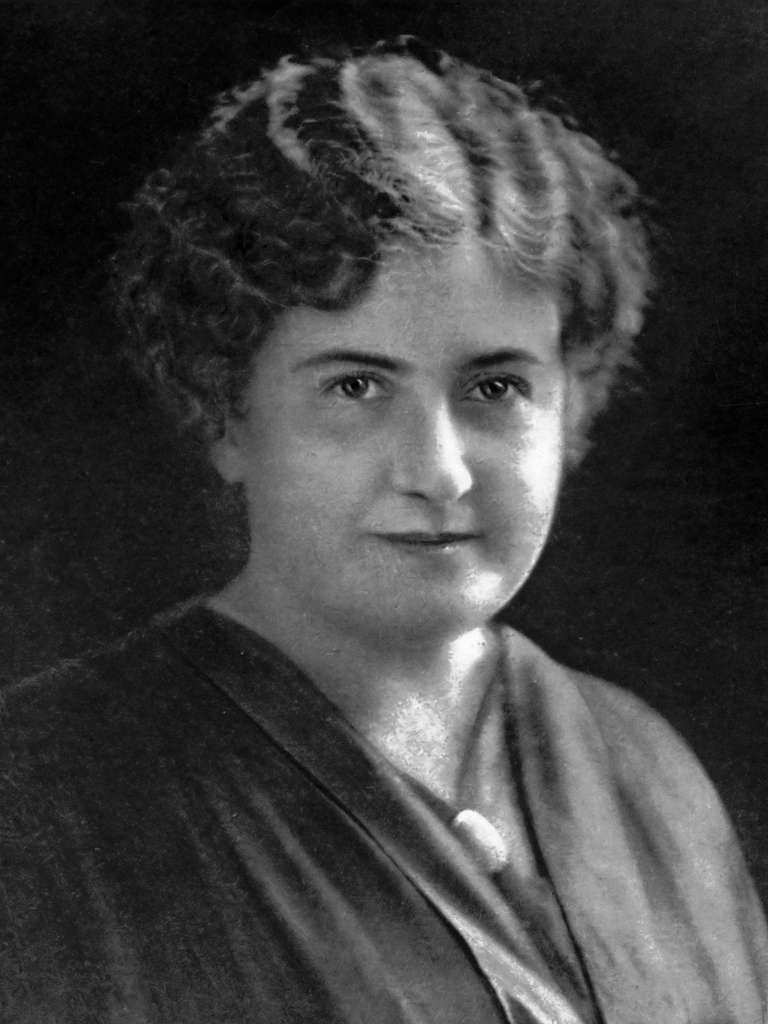History
The Montessori philosophy was developed by Italian physician and educator Dr. Maria Montessori in the early 1900s. Dr. Montessori was the first woman to earn a medical degree in Italy, and she worked with children in a variety of settings, including hospitals, asylums, and schools.
In 1907, Dr. Montessori opened her first classroom, the Casa dei Bambini, or Children’s House, in Rome. Her approach was based on the belief that children learn best through hands-on exploration and that they should be allowed to learn at their own pace, according to their individual interests and abilities.

Dr. Montessori’s approach was groundbreaking, and it quickly gained popularity in Europe and North America. She wrote extensively about her philosophy and methods, and her books, including “The Montessori Method,” became widely read and influential.
Today, the Montessori approach is used in schools and early childhood education centers around the world. While there have been some adaptations and variations over the years, the fundamental principles of the approach remain the same: a child-centered, hands-on, and individualized approach to education that emphasizes the importance of tailoring teaching to the unique needs and interests of each child.
Key Points
- Child-centered Approach: Montessori philosophy is a child-centered approach to education. It emphasizes the importance of tailoring teaching to the unique needs and interests of each child, rather than following a one-size-fits-all curriculum.
- Hands-on Learning: Montessori education emphasizes hands-on learning through exploration and discovery. It provides a rich learning environment with a wide range of materials that appeal to children's natural curiosity and desire to learn.
- Individualized Instruction: In a Montessori classroom, each child is free to work independently and to choose their own activities. This fosters a sense of independence and self-direction, and helps children become active, engaged learners. Teachers provide guidance and support, but the child ultimately determines what they want to learn and when.
- Prepared Environment: The Montessori environment is carefully prepared to promote exploration, discovery, and mastery of skills. It is designed to be accessible and appealing to children, and is organized to promote order, independence, and respect for others.
- Collaborative Learning: While individualized learning is a key component of the Montessori approach, collaboration and socialization are also important. Children are encouraged to work together, share ideas, and learn from one another. This helps to develop a sense of community and social responsibility.
- Respect for the Child: The Montessori approach is based on the belief that children are inherently good and capable and deserve respect and dignity. Teachers treat each child with kindness, understanding, and respect, and strive to create a safe and nurturing environment where children can thrive.
- Multi-age Classrooms: At Mango Montessori, children are grouped into multi-age classrooms, typically ranging from 3 to 6 years old. This three-year span encourages meaningful interactions among children of different ages, fostering a unique learning environment where older students reinforce their skills through mentorship and younger students are inspired to achieve by observing their more experienced peers. This structure cultivates self-confidence, independence, and leadership in each child. Our classroom communities are rooted in respect, creating a supportive and nurturing environment for all.
- Individualized Instruction: At Mango Montessori, our teachers keenly observe each child’s interests and abilities, designing an environment where these strengths can flourish. A core principle of the Montessori curriculum is that teachers must respect and follow the child’s individual path. The dedication and expertise of our highly qualified, Montessori-trained staff is Mango Montessori School’s greatest strength.
- Freedom to choose: Maria Montessori observed that students experience greater satisfaction when given freedom in their choices. In our classrooms, students have the opportunity to select their own work, fostering a sense of independence and autonomy as they take greater ownership of their learning journey. The head teacher carefully ensures that each child engages with all areas of the curriculum, supporting a well-rounded educational experience.
- Montessori Materials: Mango Montessori School classrooms provide a complete array of hands-on Montessori materials meticulously selected to meet the accreditation standards of the American Montessori Society. Thoughtfully arranged on classroom shelves, these materials invite students to learn through tactile and sensory experiences. Each Montessori material is crafted to highlight a specific concept, allowing students to master one skill before moving to the next. Many materials are self-correcting, transforming learning into an active journey of discovery and fostering a deep, independent understanding as students engage with each concept.

